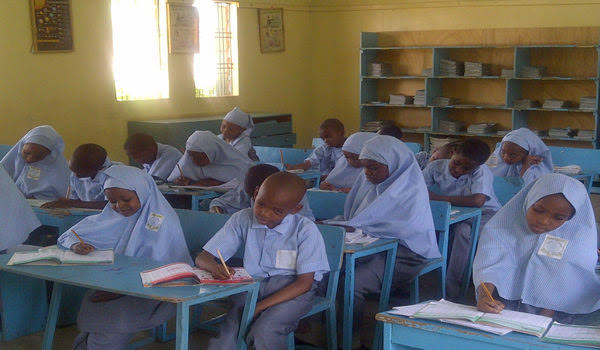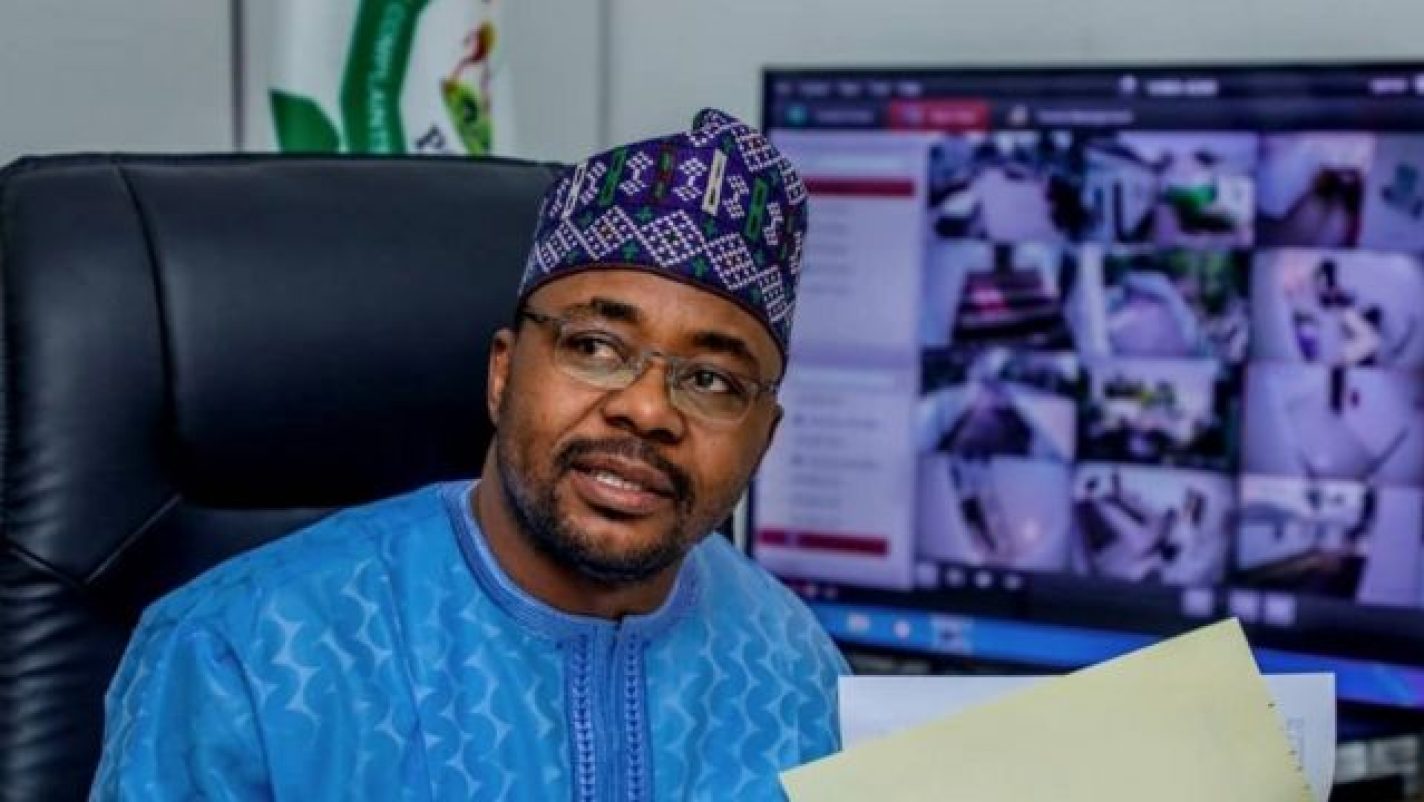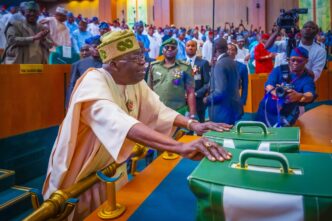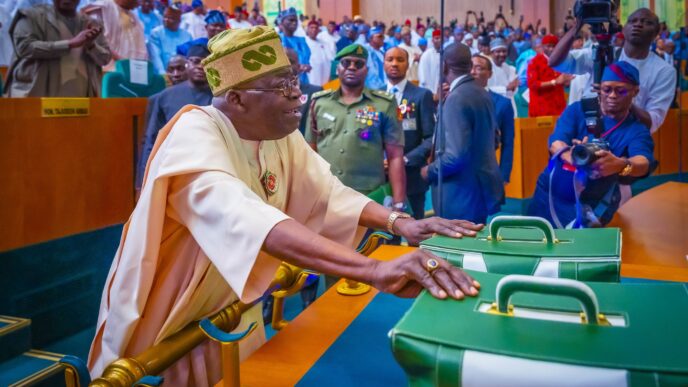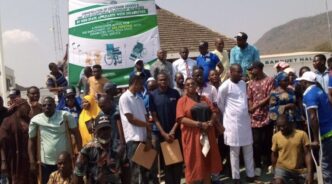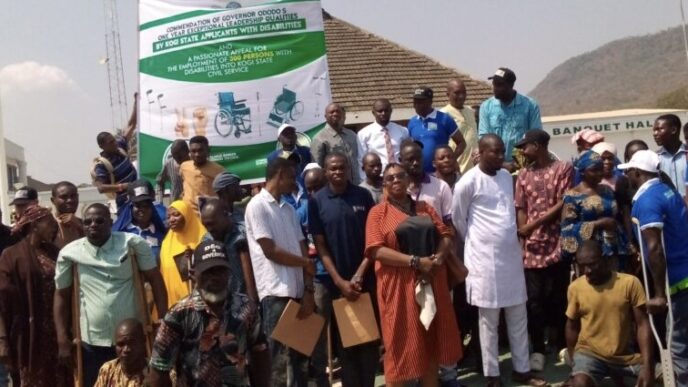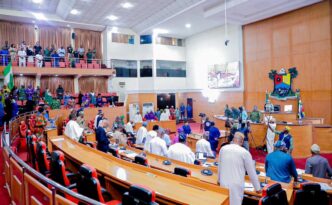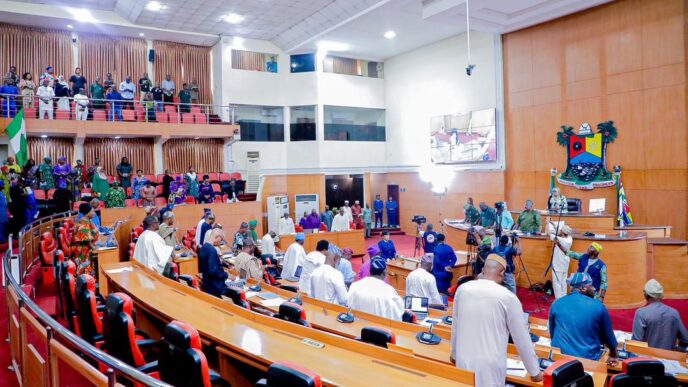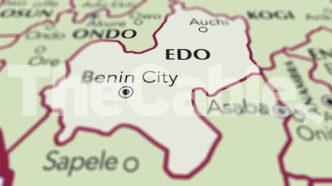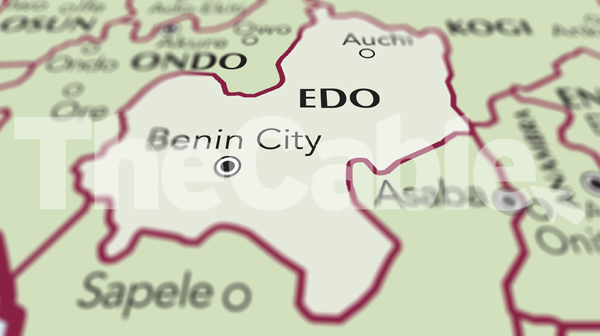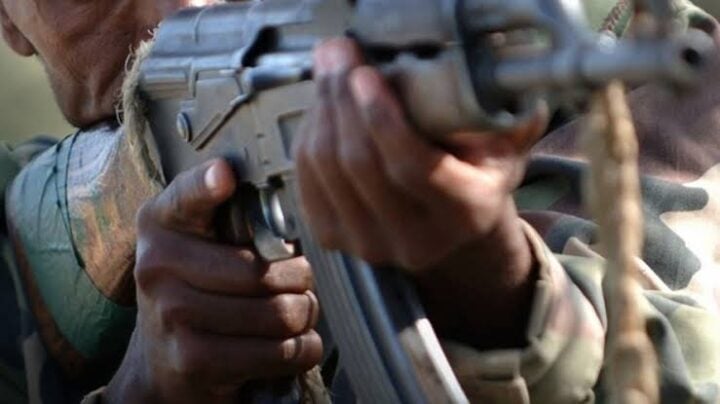File photo of primary school pupils in Kano state
The United Nations Children’s Fund (UNICEF) says only 9.6 percent of Kano state primary school pupils demonstrate reading proficiency.
Speaking at a press conference marking the 2025 International Day for Education, Rahama Mohammed, UNICEF chief of Kano field office, said only 11.2 percent of the pupils possess basic numeracy skills.
Mohammed said nearly one million children in Kano are out of school, according to the 2021 Multiple Indicator Cluster Survey (MICS), accounting for 32 percent of the primary school-age population.
He added that north-west Nigeria — including Kano state, Jigawa state, and Katsina state — rank as the region with the second-highest number of out-of-school children in the country.
Advertisement
Mohammed noted that the region contributes about 16 percent to Nigeria’s total of 10.2 million out-of-school children in the country, with Katsina alone accounting for over 536,000 of this number.
He said in recognition of education’s role as a fundamental human right and a driver of societal development, UNICEF has implemented several interventions aimed at improving quality, and access to education.
These include developing an integrated curriculum for Quranic schools, training over 290 Mallams and school proprietors, and ensuring children in these schools receive basic education alongside religious studies.
Advertisement
“As part of the initiative, UNICEF has helped develop an integrated curriculum and provided training to over 290 Mallams and proprietors of Quranic schools across Kano and Jigawa states,” Mohammed said.
“These efforts aim to ensure children attending these schools receive basic education alongside their religious studies.
“Additionally, efforts to improve school infrastructure are ongoing, with a focus on climate change resilience and the construction of Water, Sanitation, and Hygiene (WASH) facilities.”
He noted that 33 schools across Kano and Jigawa are benefiting from the WASH facilities serving 39,432 children.
Advertisement
He added that UNICEF has also prioritised teacher training, with 1,109 educators receiving professional development in areas such as Early Childhood Development and Reading and Numeracy Activities (RANA).
Mohammed said the organisation has also introduced innovative solutions like the Nigeria Learning Passport (NLP), a digital platform providing free access to over 15,000 curriculum-aligned resources.
He added 182,170 children, teachers, and parents are currently registered on the platform.
He emphasised UNICEF’s commitment to working with Kano, Jigawa, and Katsina states to address the education crisis and ensure a brighter future for the region’s children.
Advertisement
